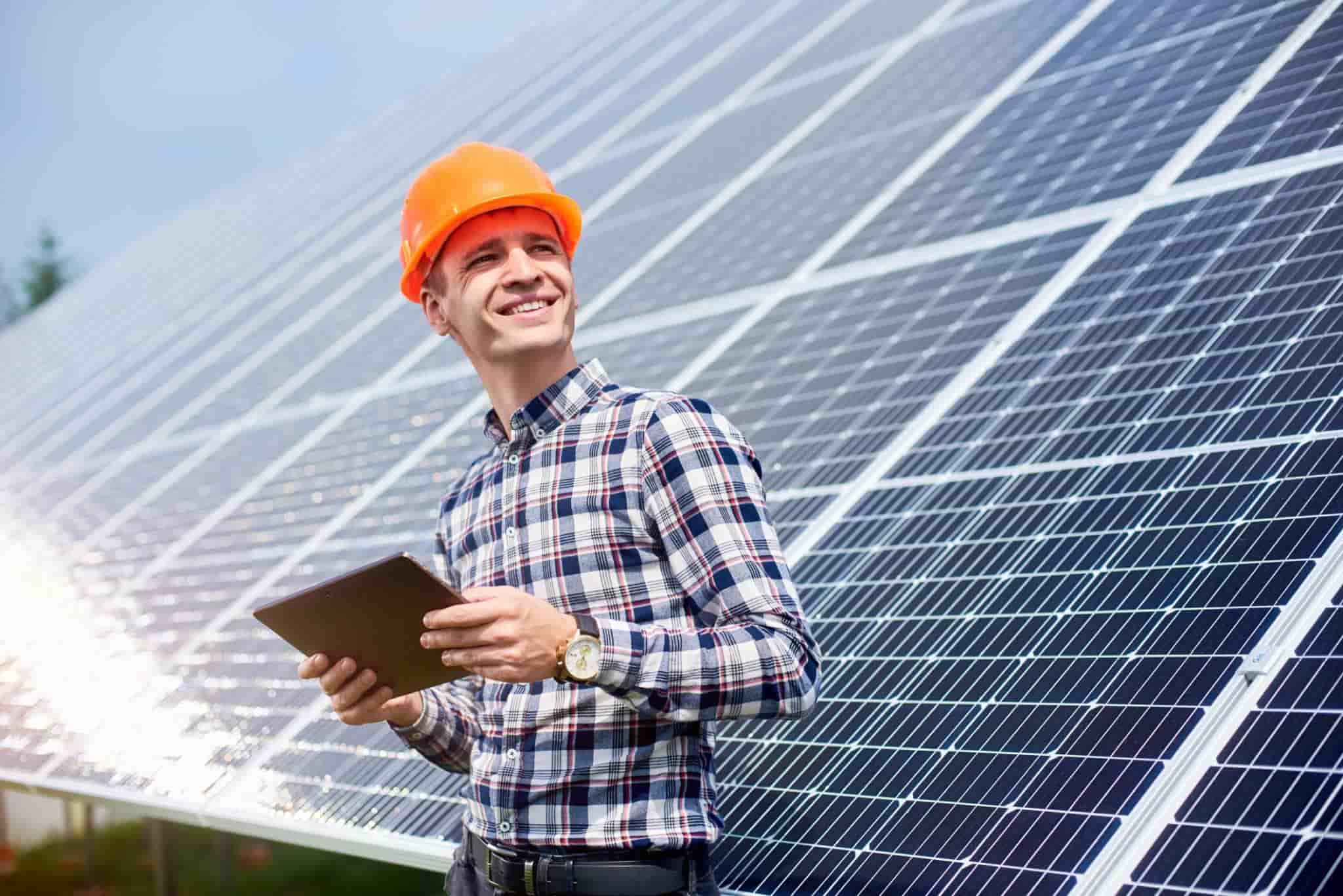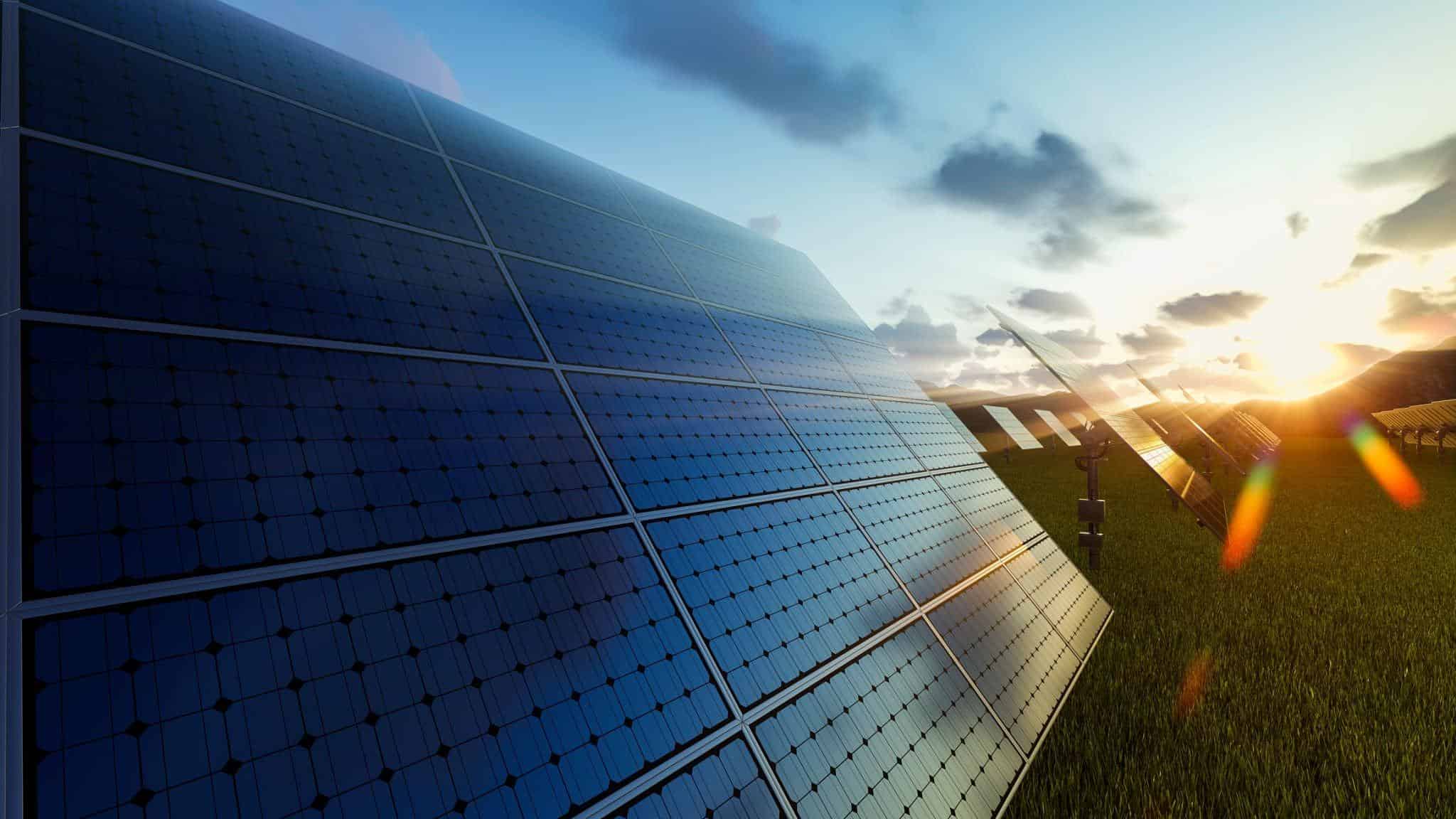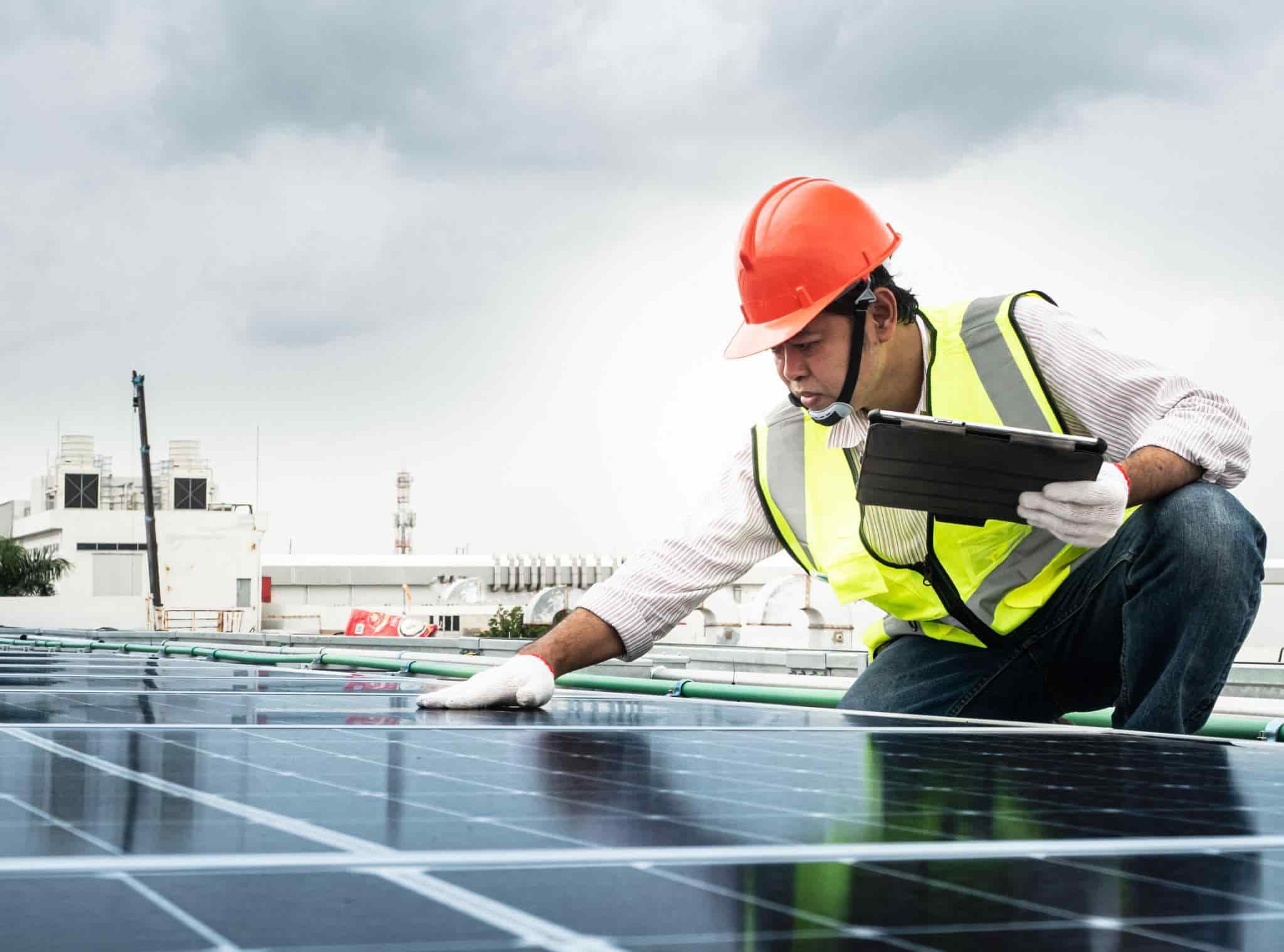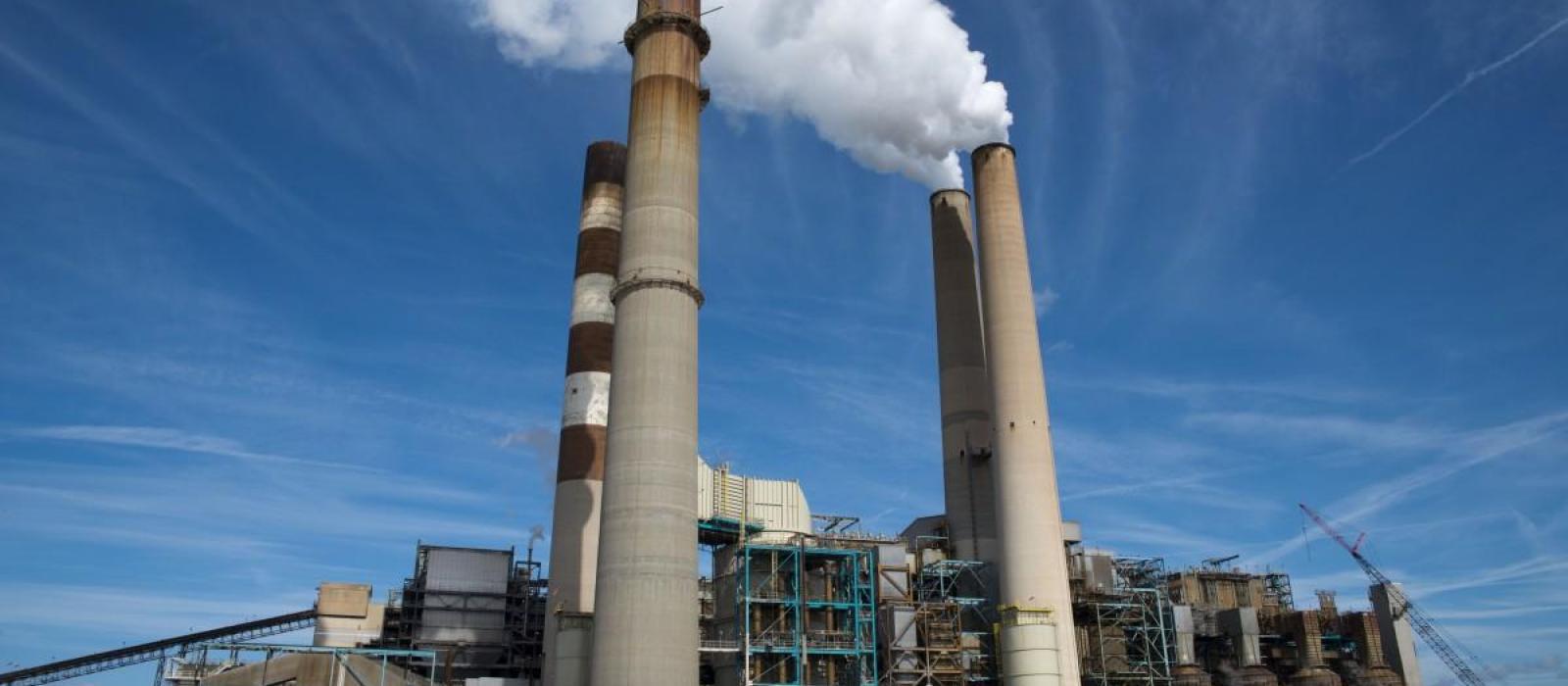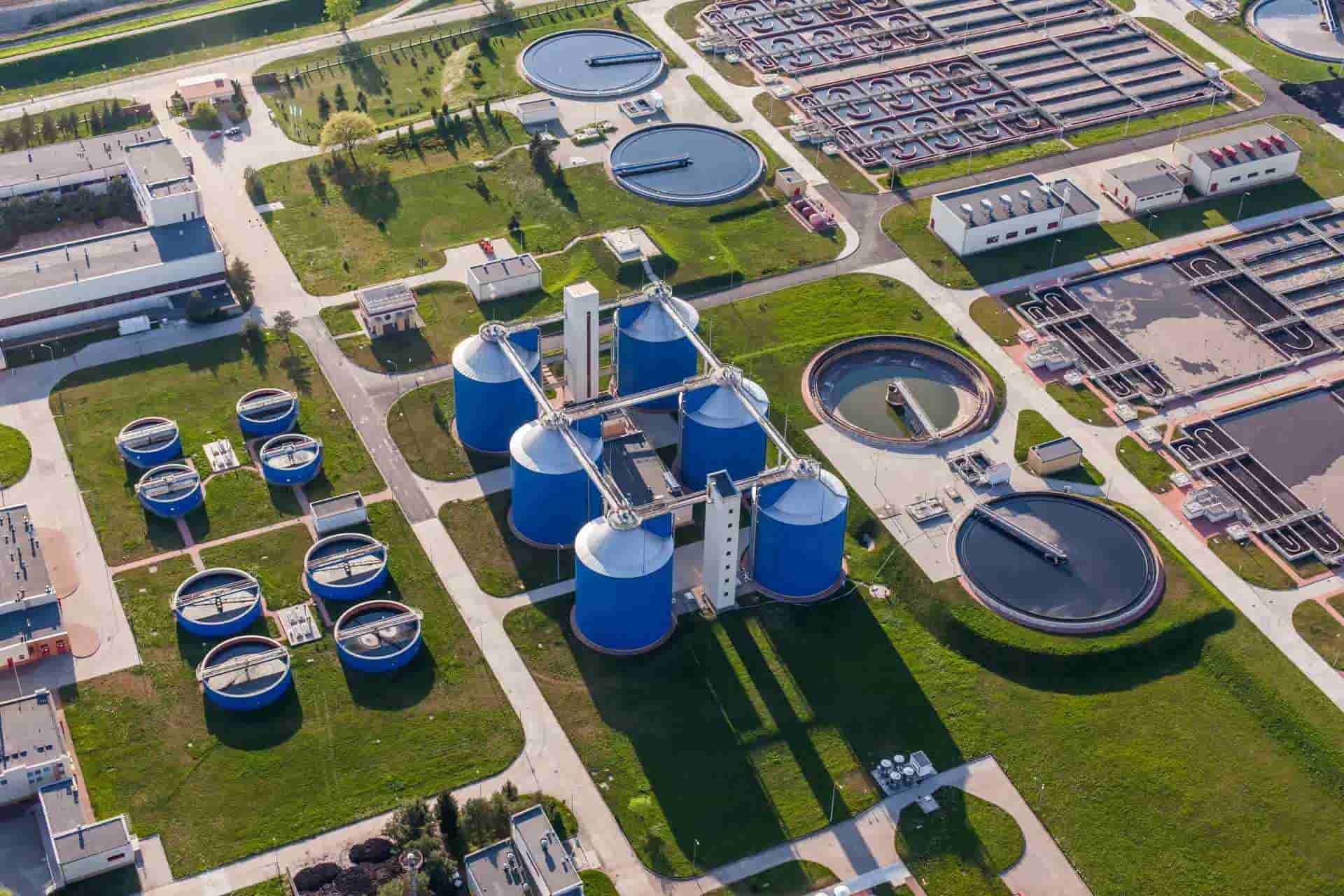Locally generated electricity can transform rural places’ energy needs. On-site electricity generation is cost-effective and self-sustaining, eliminating the need for sophisticated network infrastructures and expensive modifications. Localized energy enhances energy efficiency and reduces power transmission losses, ensuring that every unit of energy is used efficiently.
Locally generated electricity gives rural areas energy independence. Decentralized electricity generation lets these areas thrive sustainably without the constraints of an inaccessible grid. This localized energy ecosystem lets communities use their natural resources and efficient technologies to meet their energy needs.
Gas engines are efficient and ideal for remote electricity generation. They handle local power needs in island mode without grid connections. This improves energy resiliency and decreases long-distance power transmission.
Remote places benefit from cogeneration or CHP. Cogeneration generates power and heat from one fuel source. A generator generates electricity from a reciprocating gas engine’s exhaust heat. This recovered heat can be immediately given to clients or used in a boiler to make steam, meeting the local community’s diversified needs for energy and heat.
Remote cogeneration increases energy efficiency and advantages. It optimizes fuel resources for electricity and thermal energy generation, saving energy. Electricity and heat increase local energy supply reliability and flexibility, encouraging self-sufficiency and lowering dependence on external sources.
Remote places can overcome grid access issues by using locally generated energy and gas engines and cogeneration systems. These methods deliver electricity and heat to underserved communities at low cost, efficiently, and reliably.

